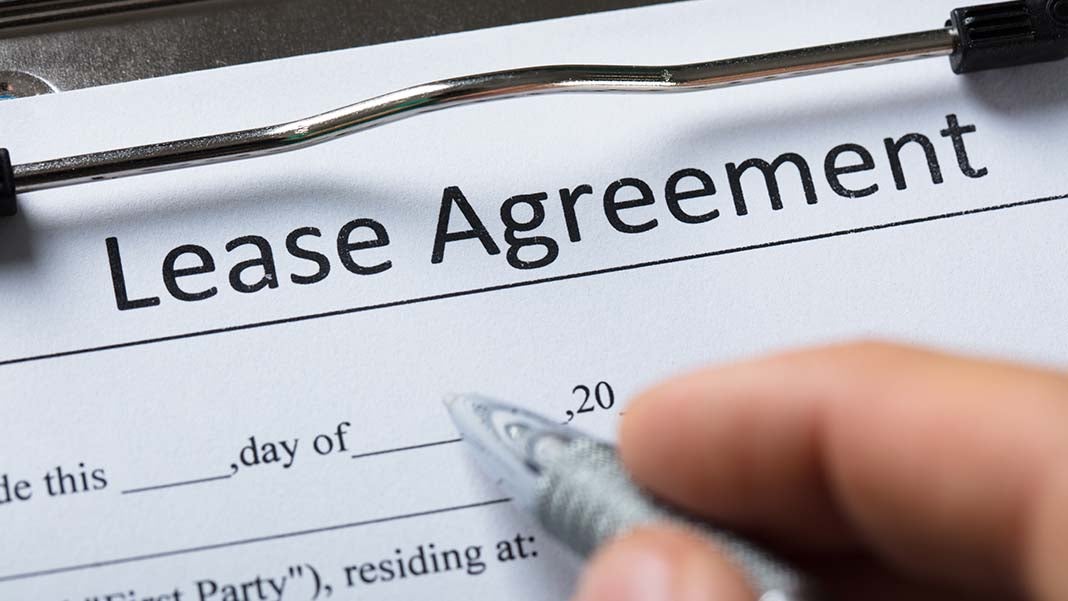Legalese in Leases: 10 Terms You Need to Know as a Franchisee

If you are purchasing a brick-and-mortar franchise for the first time and have never laid eyes on a commercial lease, the combination of the terminology, fine print and sheer magnitude of the commitment can be daunting. Even those who are familiar with commercial leases—whether from a previous franchise or prior involvement in real estate—show visible signs of anxiety and/or disinterest when presented with this document. So, to give a runway for those looking to purchase a franchise location, we’re translating the “legalese” into clearer and simpler terms.
- Estoppel certificate–As a tenant, you will receive this document with the landlord either refinancing or selling the property. By signing the agreement, you are acknowledging that the lease is in legally binding operation with no known changes.
- Operating expenses– Also known as triple net expenses or common area maintenance (CAM) charges, these are the expenses that you are responsible for paying pro rata (in proportion) based on the square footage of the overall business property. Operating expenses are subject to increase or decrease on an annual basis.
- Radius restrictions– Oftentimes, a landlord will use this term to keep you from opening another location within a specified distance of their location.
- Security deposit– Just like a security deposit for a residential lease, the security deposit in a commercial lease is held as reserve in the event you default on the lease. In the commercial arena, defaulting can mean failing to pay rent and/or CAM charges.
- Option to extend– With an option to extend, you have the ability to remain in your location beyond the initial term, provided you give written notice to the landlord within a specified time frame prior to the lease expiration. The option period may have set rental rates or be tied to fair market value. If it is based on fair market value, you should have a mechanism in place stating that you have the right to retain an appraiser or broker in the event of a dispute.
- Tenant improvement allowance– This is the amount of money the landlord is willing to cover for improvements to the location, such as carpeting, painting, HVAC, etc. The tenant improvement allowance might be expressed in a dollar figure or a price per square foot.
- Holding over– If you do not exercise the option to extend your lease but choose to stay in the space, the landlord may have a holding over provision allowing them to increase the rent by 50 to 100 percent. Never accept a verbal holding over agreement; if there is any change to the lease, be sure to request a written amendment.
- Insurance provisions– The landlord will want you to provide general liability insurance, workers compensation insurance and so on. They will also likely request that they are named as additionally insured on the policies to ensure coverage if something happens and both parties are sued.
- Consent to assignment– If you want to sell the business to a prospective buyer, you will need to get the approval of the landlord. As such, the landlord will put together a consent to assignment, which will state who the new tenant is and what liability the original tenant may have toward future lease obligations.
- Percentage rent– In addition to the base or minimum rent, keep an eye out for a percentage rent where the landlord seeks to receive a percent of any gross revenue over a stated amount.
These are just a few of the terms to know in a commercial lease. To have your lease reviewed properly and negotiated fairly, call 619-239-3200 and speak with the franchise attorneys at Soden & Steinberger, APLC. We’re here to help you on the path to buying a franchise.














